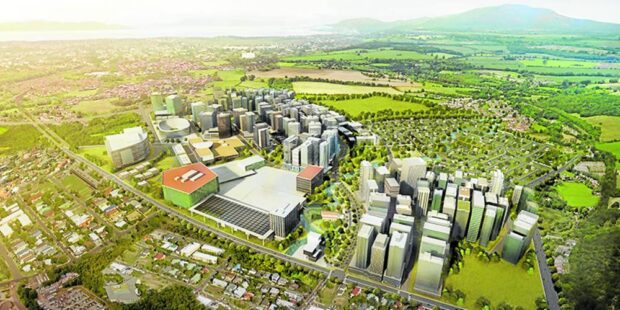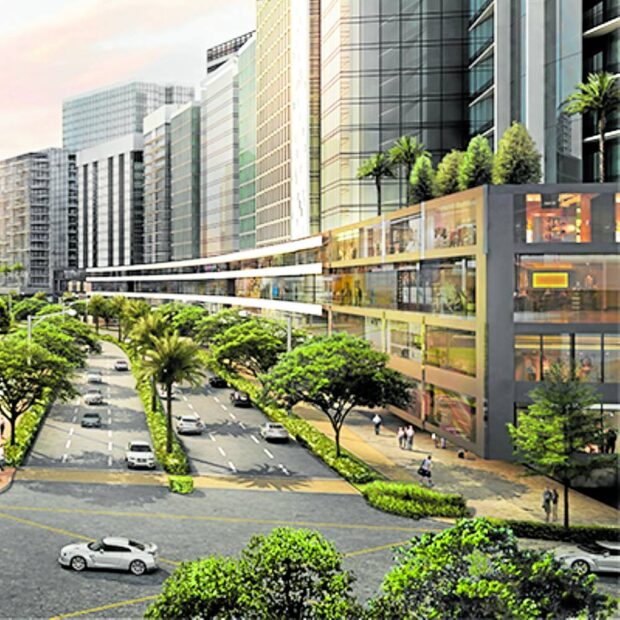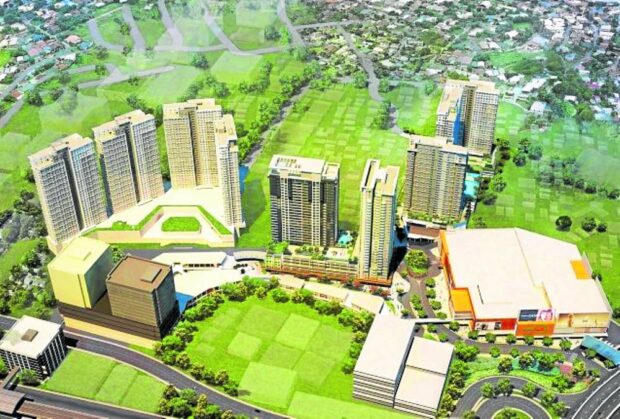Commercial components in modern townships

Estates promote a more sustainable urban living model by combining commercial areas within residential communities.
The traditional suburban planning model, characterized by distinct residential zones separated from commercial areas, is no longer viable. Today, modern estates in the Philippines embrace an integrated approach, where commercial components are not just additions but integral parts of the community. There is a driving shift in the growing recognition of fostering entrepreneurship and commercial activities within residential and leisure areas.
Economic Vibrancy and Job Creation
Commercial components in estates, such as shops, malls, and offices, serve as economic engines. They create jobs locally and reduce the need for residents to commute long distances for work. This convenience of neighborhood services not only boosts the local economy but also enhances the quality of life for residents.
Convenience and Quality of Life
The integration of commercial spaces within estates offers unparalleled convenience. Residents can easily access various services and amenities, from shopping and dining to entertainment and healthcare. This proximity improves the overall value of lifestyles and reduces the time and stress associated with commuting.
Sustainable Urban Living
Estates promote a more sustainable urban living model by combining commercial areas within residential communities. This approach reduces the carbon footprint associated with commuting and encourages more eco-friendly practices, such as walking or cycling to nearby amenities. Additionally, this integration of zones fosters the development of green spaces and community parks, further enhancing the environmental quality and livability of these areas.
Fostering Entrepreneurship
Integrated estates are fertile grounds for entrepreneurship and offer unique opportunities for local businesses to flourish. These self-contained communities present a stable and readily available customer base directly within companies’ reach. This proximity to consumers allows businesses to respond quickly to local needs and preferences, fostering a dynamic and responsive local economy. In these townships, local businesses find an environment conducive to growth. The constant flow of customers within the community ensures a steady demand for products and services, which is crucial for small and medium enterprises (SMEs), often vulnerable to market fluctuations. The supportive environment in estates reduces such risks, encouraging entrepreneurs to invest and expand their operations.
Article continues after this advertisementCommunity Engagement and Social Cohesion
Commercial components in estates facilitate greater community engagement. They become social hubs where residents interact, fostering a sense of belonging and social cohesion. The intention is crucial for building strong and vibrant communities.
Article continues after this advertisementThe close-knit nature of township communities also spurs innovation. As part of the community, entrepreneurs and business owners gain deep insights into their customers’ needs and desires. This understanding drives them to innovate, tailoring their offerings to meet specific local demands. Such innovation benefits businesses and enhances the overall living experience within the region.
Advantages Over Suburban Models
By consolidating various types of functionalities, developers make more efficient use of land. Properties within integrated estates often have higher values due to their convenience and amenities, making them attractive investments. Integrated estates are more adaptable to changing urban dynamics. They can easily accommodate transformations in population and economic trends, making them more resilient in facing challenges.
The author (www.ianfulgar.com) is a leading architect with an impressive portfolio of local and international clients. His team elevates hotels and resorts, condominiums, residences, and commercial and mixed-use township development projects. His innovative, cutting-edge design and business solutions have garnered industry recognition, making him the go-to expert for clients seeking to transform their real estate ventures.

